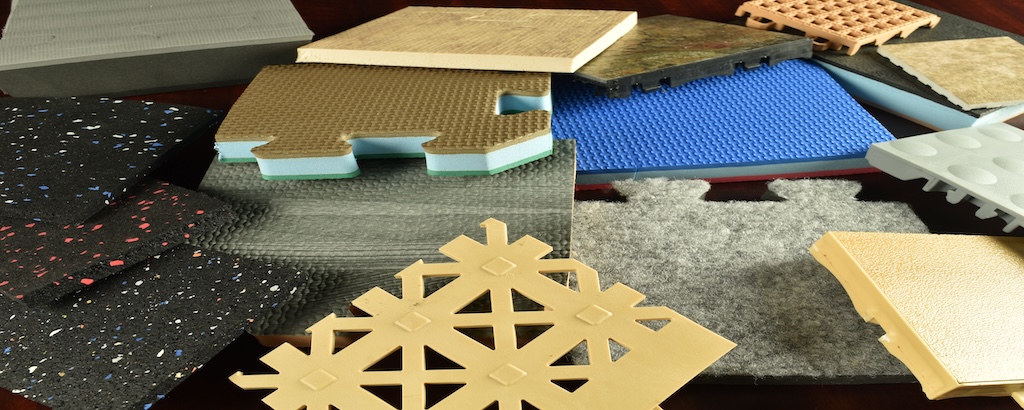When planning a flooring project, one of the first decisions you’ll need to make is choosing the right type of flooring for the space. At Greatmats, you’ll find a vast selection of flooring types, including different materials, different designs, different installation types, and so much more.
Article Library
Showing 1-12 of 73
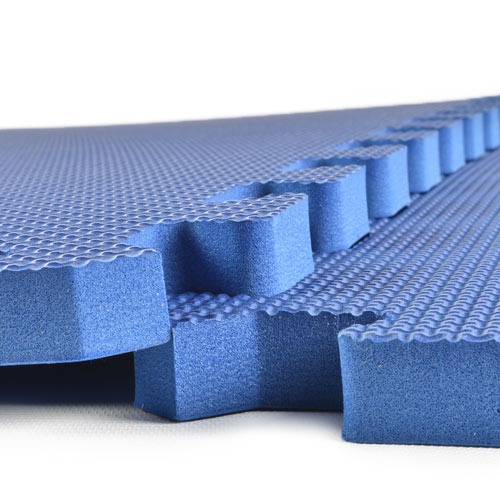
Snap Together Tile Flooring vs. Puzzle Interlocking Mats

Greatmats Glossary Guide to Specialty Flooring Terminology
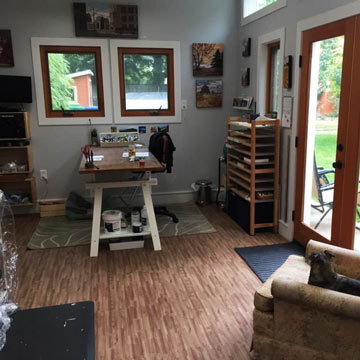
What Are The Types Of Soft Floor?
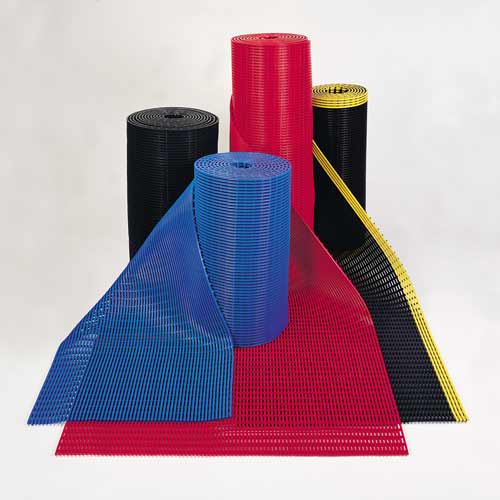
Top Drainage Mats & Matting for Commercial Floors
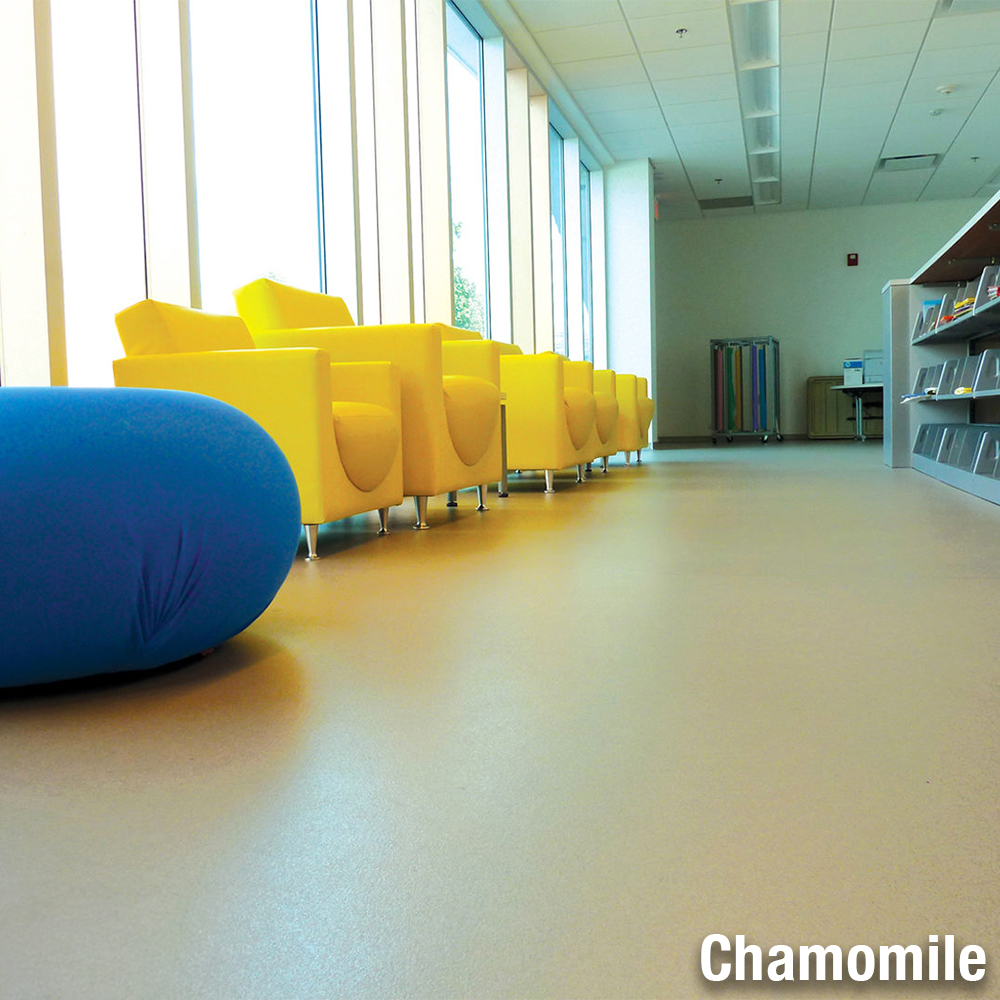
Where to Use Commercial Vinyl Flooring
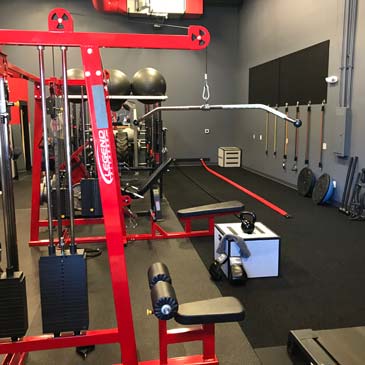
What Is The Most Popular Specialty Flooring In Wisconsin State?
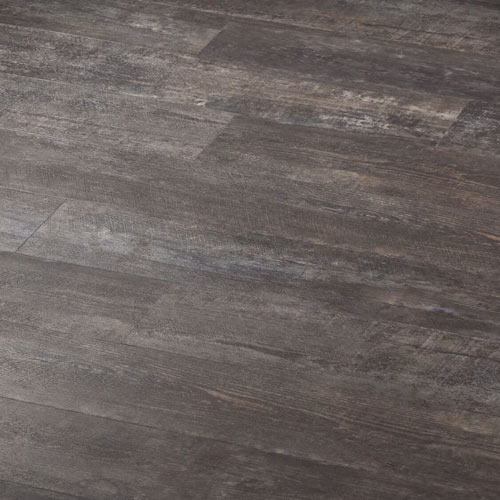
What Is Resilient Flooring?
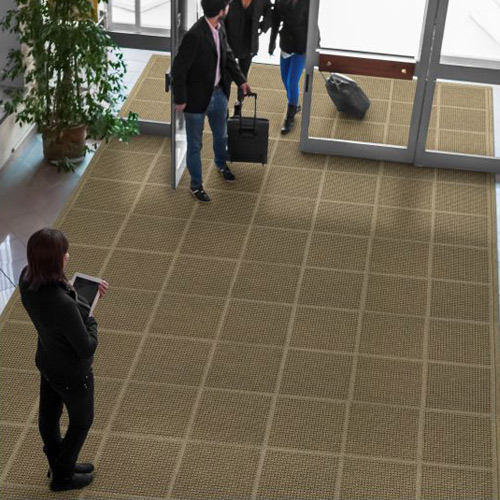
What Materials Are In Stain Resistant Flooring?

How Does Sound Floor Underlayment Work?
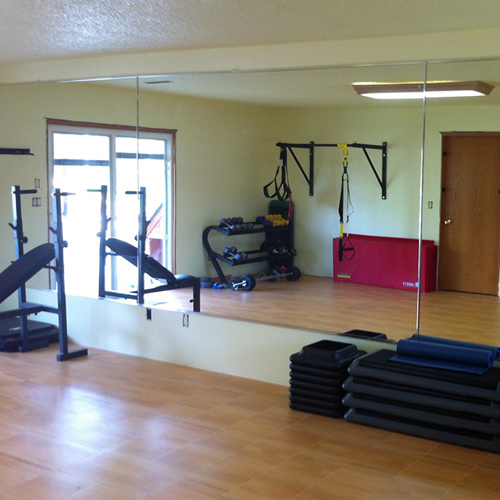
What Is A Floating Floor System?
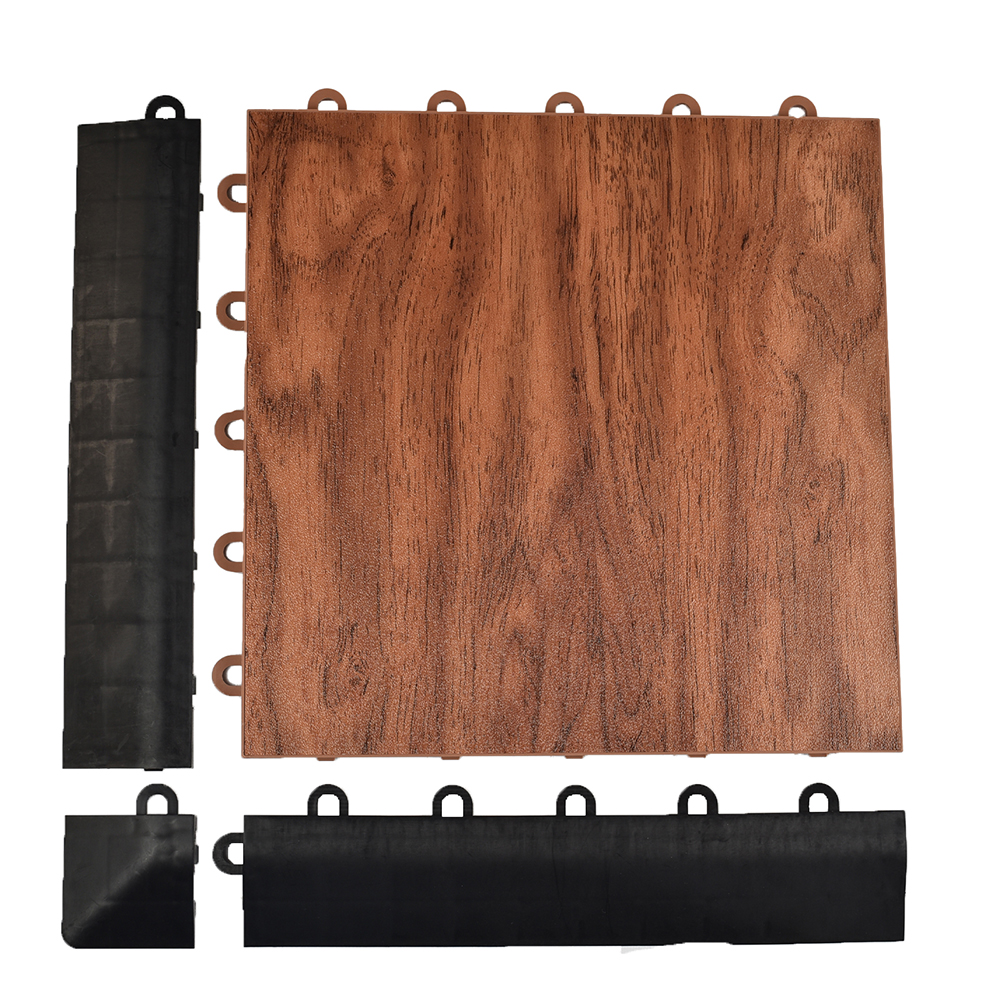
Carpet vs. Vinyl - What's the better DIY basement flooring?
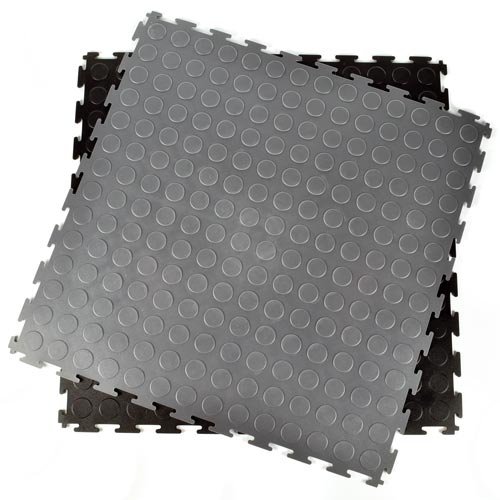
Waterproof vs. Watertight and Water Resistant Flooring
Video Library
Showing 1-9 of 9

Foam vs Rubber for Gym Flooring - Whats Better

LonDeck Commercial Vinyl Roll Hand Video

Smart Transformations Ridgeline Carpet Tiles 14 Inch x 24x24 Inches

Tips on Creating a High Quality Video for Greatmats Reviews

Color Coordinating with Carpet Tiles at F. A. I. T. H. Behavioral Services and Wellness Center

Commercial Carpet Tiles - Benefits & How to Install

LCT Plush Luxury Carpet Tiles 24x40 Inches - Easy DIY Installation

Top Quality Roll Out Mats for Wrestling and Martial Arts Disciplines

Caitlins Testimonial Foam Mats as a Cozy Rug Alternative in Apartment
The good news is that, with so many options, you’re sure to find the perfect types of flooring for your needs. But all of those choices can also be overwhelming, and you might not know where to start. That’s why we’ve created this guide. We’ll outline some of the factors to think about when choosing your flooring below. This guide is also full of helpful flooring how-to’s, flooring ideas, and articles that go into plenty of detail about how features like flooring size, material, and design will contribute to your choice.
And many more, including composite products that give you the properties of multiple types of materials.
These different materials tend to have different types of properties, so determining the properties that are most important to your space can help you to narrow down your flooring choices.
For example, rubber flooring products tend to offer shock absorption and be one of the most durable flooring types. They’re ideal for demanding situations, like installations in gyms where they must withstand dropped weights or keep heavy machinery from scratching your subfloor. Rubber also has valuable noise and vibration reduction properties, helping to dampen sound to make busy gyms a more pleasant environment. Many of our rubber products are made from recycled rubber, and some may even contribute to LEED points for your building project.
In contrast, foam is a more pliable, soft material. It makes an ideal cushion for kids’ play areas, comfortable underfoot flooring, and even for gymnastics and martial arts. Many types of foams are resistant to water, so spills are no problem. Foam can also act as a barrier to heat and cold, creating a more comfortable and enjoyable space.
PVC tiles can be flexible and comfortable underfoot, but more rigid and resilient options are also available. These tiles come in solid and perforated surface options, which won’t absorb water and can often be used in both interior and exterior applications.
When choosing the right material for your needs, it’s best to think about the properties that your flooring will need to have. If you’re looking for garage flooring, then a product resistant to acid and water may be essential. Playground flooring will need to be suitable for outdoor use and resistant to UV rays.
While some tiles, particularly playground tiles, do benefit from a glue or adhesive installation, others can be dry laid, making them portable and removable if necessary. Many tiles can be easily cut to fit, and some are available with flat edge pieces for a polished, clean installation.
Puzzle edge tiles fit together easily, thanks to their interlocking seams. Tiles are also available with other interlocking designs, including snap-together options that create a strong connection to ensure they won’t come loose while in use.
Types of Flooring Systems
When you start to plan out your flooring, you’ll need to consider which type of flooring is best for your needs. Flooring comes in many different designs, each with its own pros and cons.- Tile – Flooring tiles come in many different designs, including tiles with raised or floating bases, interlocking puzzle tiles, glue-down tiles for permanent installations, and modular tiles suitable for temporary installations.
- Mat – A larger sheet, flooring mats are often dry laid and can add extra protection to existing flooring.
- Roll – Flooring rolls cover larger areas more easily, but they can be heavier to move. These rolls are ideal for large spaces, like flooring entire gyms or rooms.
- Plank – Vinyl and wood plank floors have a traditional, beautiful aesthetic. They can be installed with a variety of methods, including sticky adhesive backings, and are ideal for homes, offices, and more.
Types of Flooring Materials
The type of flooring material that you choose will affect how the flooring performs, and some materials are better suited to certain applications than others. At Greatmats, you’ll find a wide assortment of flooring materials, including:- Rubber
- Foam
- Vinyl
- PVC
- Wood
- Laminate
And many more, including composite products that give you the properties of multiple types of materials.
These different materials tend to have different types of properties, so determining the properties that are most important to your space can help you to narrow down your flooring choices.
For example, rubber flooring products tend to offer shock absorption and be one of the most durable flooring types. They’re ideal for demanding situations, like installations in gyms where they must withstand dropped weights or keep heavy machinery from scratching your subfloor. Rubber also has valuable noise and vibration reduction properties, helping to dampen sound to make busy gyms a more pleasant environment. Many of our rubber products are made from recycled rubber, and some may even contribute to LEED points for your building project.
In contrast, foam is a more pliable, soft material. It makes an ideal cushion for kids’ play areas, comfortable underfoot flooring, and even for gymnastics and martial arts. Many types of foams are resistant to water, so spills are no problem. Foam can also act as a barrier to heat and cold, creating a more comfortable and enjoyable space.
PVC tiles can be flexible and comfortable underfoot, but more rigid and resilient options are also available. These tiles come in solid and perforated surface options, which won’t absorb water and can often be used in both interior and exterior applications.
When choosing the right material for your needs, it’s best to think about the properties that your flooring will need to have. If you’re looking for garage flooring, then a product resistant to acid and water may be essential. Playground flooring will need to be suitable for outdoor use and resistant to UV rays.
Types of Flooring Installation
The required installation will vary depending on the types of flooring you’re considering, but many of the products Greatmats carries are designed for an easy, DIY installation.While some tiles, particularly playground tiles, do benefit from a glue or adhesive installation, others can be dry laid, making them portable and removable if necessary. Many tiles can be easily cut to fit, and some are available with flat edge pieces for a polished, clean installation.
Puzzle edge tiles fit together easily, thanks to their interlocking seams. Tiles are also available with other interlocking designs, including snap-together options that create a strong connection to ensure they won’t come loose while in use.
